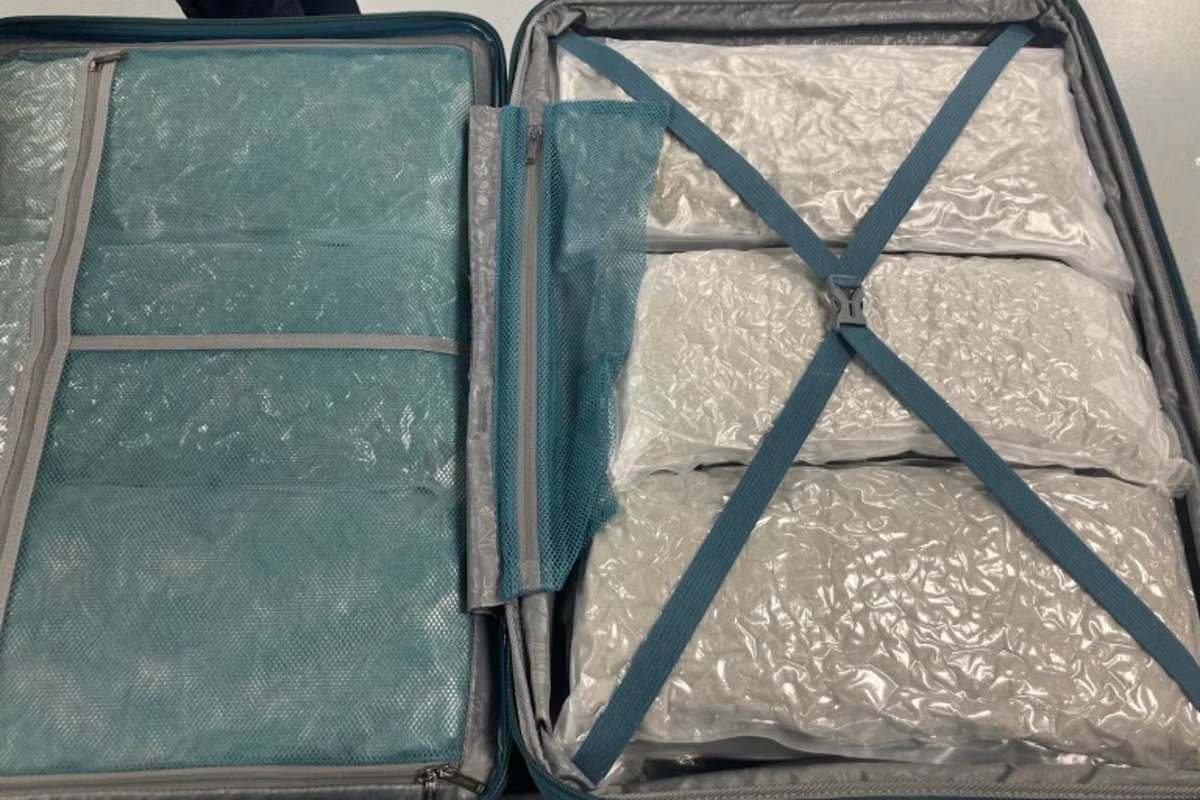Missouri has generated $80 million from cannabis sales taxes and fees since launching its medical marijuana program in 2020, with $33.8 million collected in the current fiscal year alone. However, this revenue is not enough to meet the operational needs of the state’s seven veterans homes, which rely on these funds for payroll and maintenance.
The Missouri Veterans Commission, which oversees the funding, has seen a decline in revenue from gambling, specifically from casino entry fees, which have dropped significantly since the pandemic. This decline has created a financial gap that the cannabis funds are only partially filling, according to Democratic state Senator Steve Roberts, vice chair of the commission.
Roberts noted that while cannabis tax revenue is beneficial, it does not provide a stable funding source. Each year, the commission must return to the legislature to request additional funding, as reliance on fluctuating cannabis sales and declining gambling revenues leaves veterans homes in uncertain financial situations.
Republican state Representative Dave Griffith echoed these concerns, highlighting the difficulty the Missouri Veterans Commission faces in planning for the future. Griffith criticized the notion that cannabis funding alone can solve the financial issues of veterans homes and expressed frustration at the continued reliance on gambling and marijuana as funding sources.
Since the legalization of medical marijuana in November 2018 and the subsequent legalization of adult-use cannabis in 2022, revenue distribution has been split among three areas: grants for substance use prevention, the public defenders system, and the veterans commission. In fiscal year 2024, the commission received $19.4 million in total from both medical and adult-use cannabis sales, with projections estimating $32.6 million for the next fiscal year.
However, Griffith warned that the future of this funding is closely tied to the health of the cannabis industry, which can be volatile. Both Griffith and Roberts are committed to advocating for more reliable funding solutions for veterans homes, emphasizing the bipartisan support for these facilities across political lines.
Governor Mike Kehoe has also acknowledged the funding challenges, assuring that under his administration, no veterans homes will close due to lack of state support. The governor’s remarks during his State of the State address highlighted the importance of continued investment in veterans care.
Despite the optimism for future support, the financial situation remains precarious, with veterans homes facing an uncertain fiscal landscape driven by the inconsistent nature of cannabis and gambling revenues.



